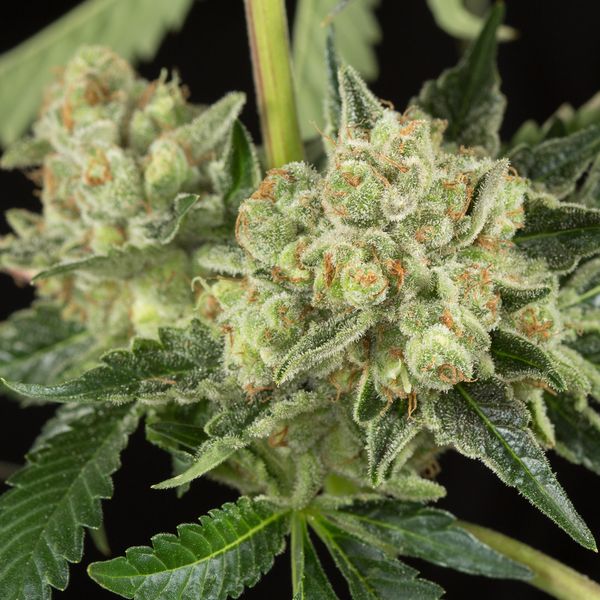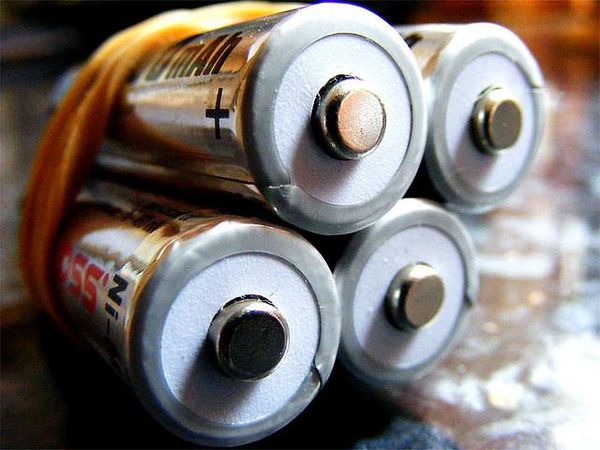- Canadian scientists are researching the use of hemp to make supercapacitors capable of supplanting graphene as a future material for the manufacturing of batteries. Cannabis is strong even in the most unexpected areas.

Beyond the medicinal benefits of therapeutic cannabis, or of recreational consumption, little by little clearing the hurdles of prohibition, a team of researchers from a small Canadian company has confirmed that hemp can be of great utility in the manufacturing of extremely efficient batteries.
Until now many researchers had worked with graphene - a strong, lightweight material made with layers of very thin atoms, derived from carbon - to create nanosheets yielding great results, as they made the conduction of electricity possible. Due to how expensive graphene is, however, and the difficulty of obtaining it, many scientists believed that it was necessary to find another similar material that would work as an alternative to manufacture batteries and other technologies. So, they got down to work to find one.
Interested in the field of marijuana, and after an extensive study, the team of experts carried out its study by heating hemp fibres for 24 hours to a little over 350 degrees Fahrenheit (nearly 177 degrees Celsius). In this way they managed to rearrange the plants' carbon atoms to create very thin sheets, in the purest graphene style - sheets that the naked eye cannot easily identify and that can be used as electrodes for supercapacitors when an ionic liquid is applied to them at the same time.

According to David Mitlin, one of the researchers, the team decided to verify whether it was possible to obtain these sheets through the soft fibres of hemp, from the inner cortex of the plant, a part which is often discarded in Canadian industries that use hemp to make clothing, building materials and other products.
Energy storage and extreme temperatures
While today's reusable batteries need several hours to recharge with energy, hemp batteries could charge up– and discharge– your mobile phone in a question of seconds, as they feature a new and natural way of storing energy.
According to the teams the devices used during the research, with batteries based on hemp, have managed to produce power densities up to 12 watt-hours per kilogram, three times greater than that generated by the devices currently on the market. In addition, according to him these batteries may also operate under very different temperature conditions, from conditions of freezing up to more than 200 degrees Fahrenheit.

More effective and cheaper
According to the Canadian researchers hemp is much more efficient and 1,000 times cheaper than the material derived from carbon. It also grows quickly and is easy to process, so experts assure that the electronics industry will sooner be looking towards the cannabis and eco-friendly world.
The scientists are certain that the electrochemical performance of the device they have created using cannabis derivatives is equal to or better than graphene-based devices. According to Mitlin, the key advantage is that “ourelectrodes are made from biological waste and based on a simple manufacturing process.” And that makes it possible, moreover, to lower their production cost.
They add that the important thing was not to investigate hemp's energy potential, but rather find out how to process it. According to Mitlin the trick is understanding how the structure of the initial material functions so as to obtain surprising properties from it.

The new cannabis industry forges ahead
For now, with the initial phase of the research complete, the team of scientists has launched its own company - Alta Supercaps - to manufacture energy storage systems and begin marketing them on a small scale. Right now the company is focusing on making devices on a trial basis, but the long-term objective is to develop batteries providing their customers with optimal energy efficiency in all the electronic devices they use.
The most important hurdle does not have as much to do with the development of their product as it does with legal obstacles regarding the procurement and use of marijuana, both in United States and in European countries.

At a minimum this research marks a step forward towards further investigation into the possible alternatives to the current industry, as this group of scientists strongly believes that natural supercapacitors will greatly transform the electronics of the future, and will mark just the beginning for new marijuana-based technologies.
----------------------



Comments from our readers
There are no comments yet. Would you like to be the first?
Leave a comment!Did you like this post?
Your opinion about our seeds is very important to us and can help other users a lot (your email address won't be made public).